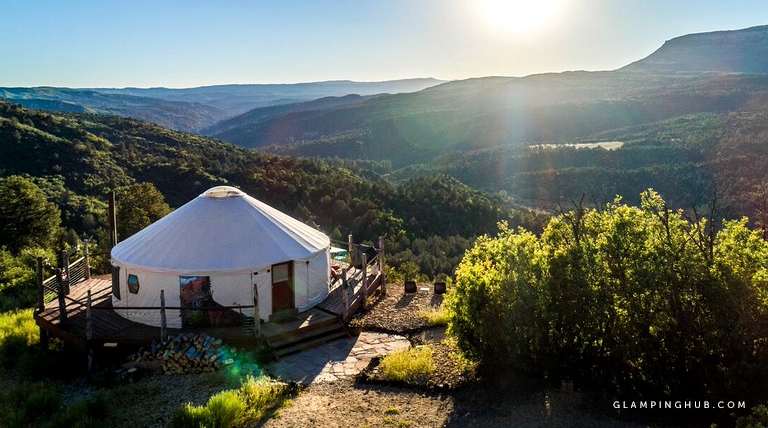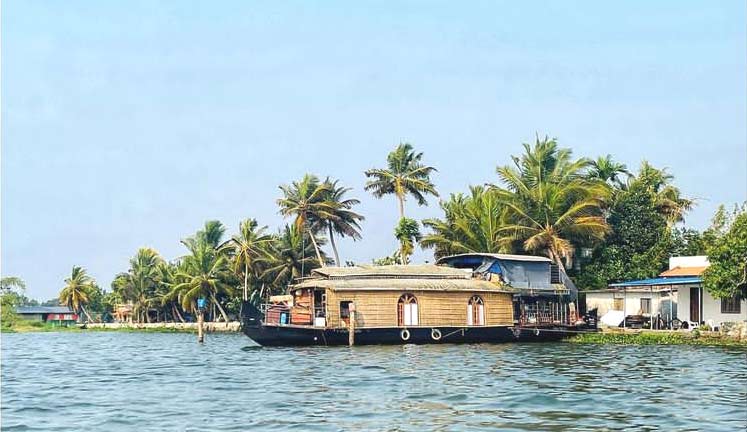 The Covid-19 pandemic has affected all walks of like and driven umpteen people towards joblessness, desperation, and abject poverty. From the looks of it, the pandemic also doesn’t seem to be going anywhere soon and it has affected all industries and business segments alike.
The Covid-19 pandemic has affected all walks of like and driven umpteen people towards joblessness, desperation, and abject poverty. From the looks of it, the pandemic also doesn’t seem to be going anywhere soon and it has affected all industries and business segments alike.
One of the worst affected industries during these trying times seems to be the travel industry. Airlines, hotels, tour agencies, travel guides, tourist transport, and many allied industries will never be the same for the foreseeable future.
We are all well aware of the consequences the virus has led to in Europe, America, and China. However, news regarding the virus affecting other countries like Australia, Latin America & Africa remains hugely underreported.
Africa, for the large part, has flown under the radar when it comes to the impact of the virus as a public health crisis. Most of the industries have definitely seen a drop in businesses due to both reliance on foreign trade – again, a consequence of the lockdown and also due to a reduction in overall consumption due to consumers’ uncertainty of the future.
However, most industries in Africa will be able to get back on their feet if the corrective actions are taken, and if government policies are supportive of this cause.
Sadly though, it seems that the virus has taken its toll on the travel/safari companies operating PAN Africa. Not just the tour companies, but all allied occupations have taken a tremendous hit as a direct consequence.
Countries like Tanzania that depended heavily on tourists visiting its countries in order to boost consumption and grow their foreign exchange earnings have taken a massive hit and it looks like rescue is nowhere near in sight.
The issue is further exacerbated that the source destinations of most tourists are the countries that are the worst affected. USA, Germany, Italy, Spain, India all of them have at least over 100,000 inactive cases at the time of writing this article.
“All UN World Tourism Organization (UNWTO) regions have experienced more than 65% of their destinations completely closed to tourism: Africa (74%), Americas (86%), Asia and the Pacific (67%), Europe (74%) and the Middle East (69%). The organization predicts a 20-30% decline in global international tourist arrivals this year.”
Adding to the problems is the fact that maintenance of the large national parks and the ecosystem was driven by park fees and other extraneous charges levied on the tourists. Given the shortage of funds, the maintenance of the national parks will suffer which can have crippling consequences in the future for the entire economy.
Hotels & camps that had set base near tourism hotspots are packing their stuff up. The staff that has dedicated their entire life to giving tour guides or entertaining guests are having to look for other occupations. However, most occupations are also in distress or are on the verge of collapse.
Even if the is any scope for absorbing the unemployed from the travel industry, most of the applicants have never done anything else their entire life and they do not possess the requisite skills to keep their heads above water.
There are, however, rays of positivity between a sea of mess. For one, no African country is as badly affected as any of the other countries in the Americas, Europe, or even Asia. The numbers are quite low but in terms of potential to spread, African countries probably are at the top of the list.
Secondly, if there is any interest in travel anywhere in the country, the destination country will most likely be Africa. The reason being the low infection rate.
The only logical & plausible explanation for this is that the affluent citizens of countries that are severely affected – Italy, Russia, China, India, and America have the resources to stay in various African countries indefinitely.
In fact, some of the tourists that happened to be vacationing in Tanzania during the cusp of the breakout have decided to stay in the country for as long as it takes in order to duck the severity of the public health crisis at their home countries.
The internet is abuzz talking about tour companies like the African quest that are arranging for long term accommodations for their luxury safari as well as budget safari customers within Tanzania itself.
The Government is also doing its part to curb the crisis, as reported by Washingtonpost; the cabinet ministry of Kenya had launched the virtual safari program, a 4K Ultra HD safari experience that can be enjoyed at the comfort of your home. This initiative was launched to keep in touch with the international travel community
If this trend does catch on, hopefully, there will be an uptick in demand from burnt-out and claustrophobic employees who will jump into the chance to immerse themselves at any hint of wildlife and nature, and at this time, the best available option will be a virtual safari.
There are also a number of human rights & charity groups that are working hard to handle to effects that the virus has had on the country in the last few years.




